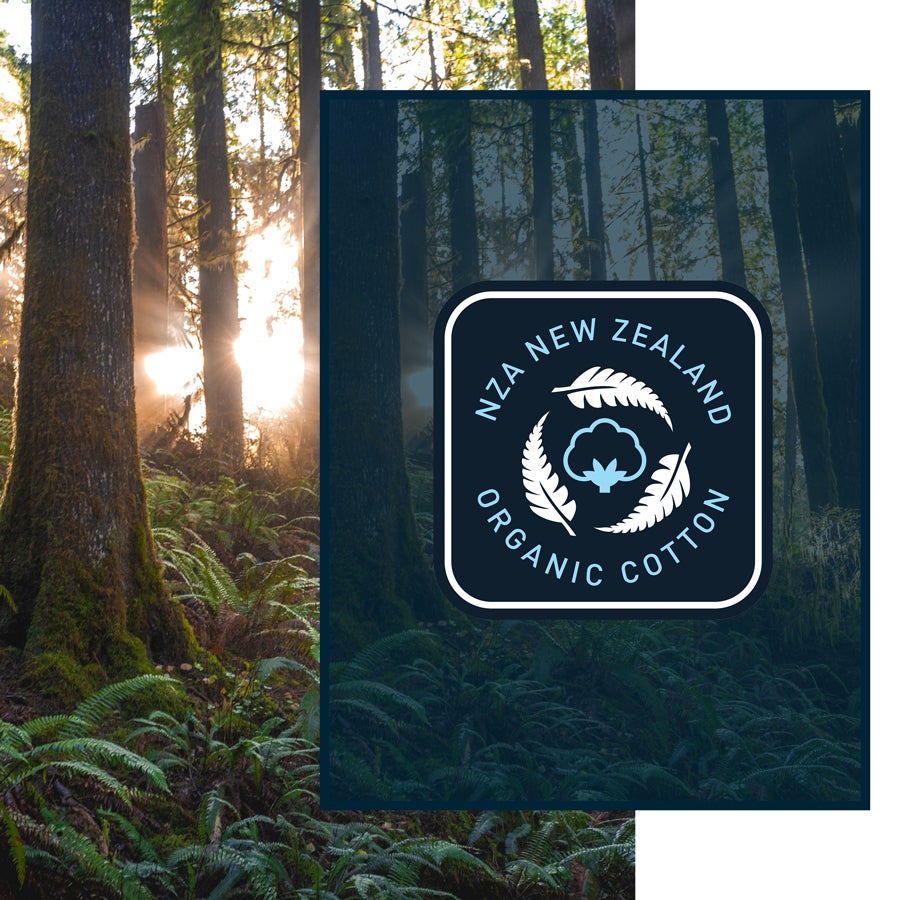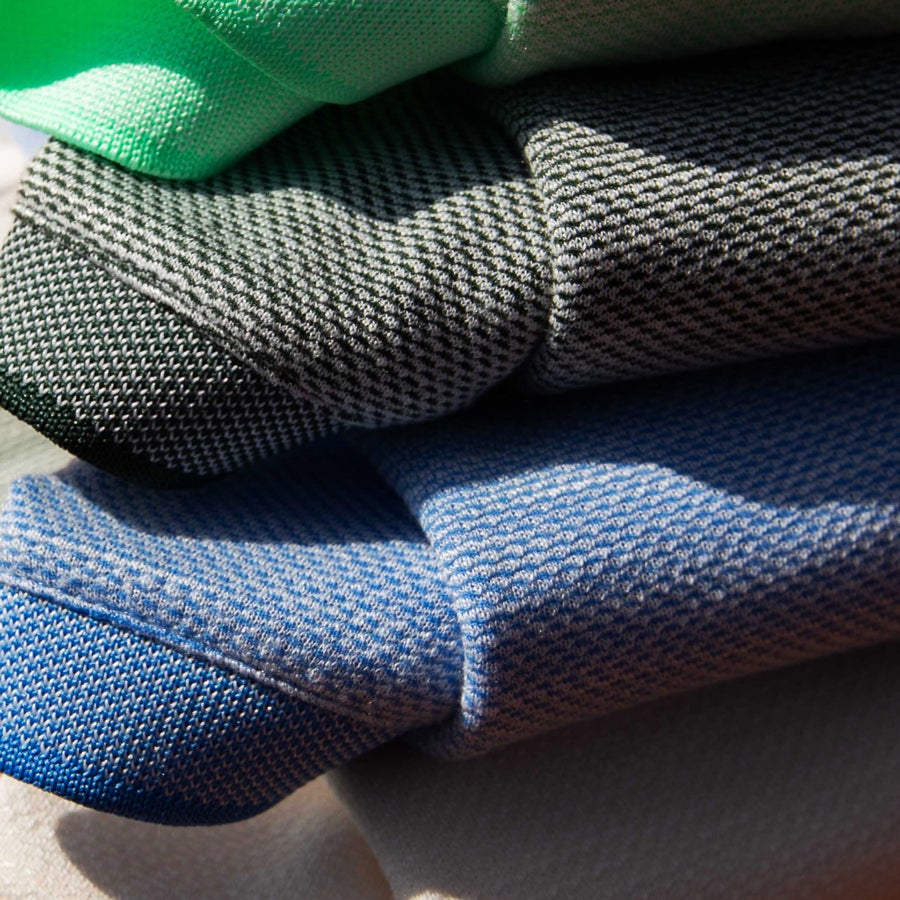Our Commitment to Sustainability
RESPECT OUR NATURE
NZA New Zealand Auckland has a responsibility towards the environment by using raw materials for our products.
That is why we have started to source more sustainable materials for some of our products. Using more sustainable fabrics respects the wellbeing of people, planet, and animals. Below you can find more information per material. Specific proof of sustainable content is available upon request


ORGANIC COTTON
Organic cotton is grown without the use of pesticides or synthetic fertilizers or GMO crops. Growing organic cotton reduces the negative impact on the environment, improves soil health and protects biodiversity. It also helps to improve the working environment for the entire certified supply chain.
Organic production systems replenish and maintain soil fertility, expand biologically diverse agriculture, and prohibit the use of synthetic toxic and persistent pesticides and fertilizers, as well as genetically engineered seed. Third-party certification organizations verify that organic producers meet strict federal regulations addressing methods and materials allowed in organic production. The organic status of our products meets the legal standard for organic fibers and is supported by correct documentation and certificates. Our minimum requirement is 70% organic cotton material in a product. Learn more at https://global-standard.org/
RECYCLED POLYESTER
Recycled polyester is a synthetic material that doesn’t require new petroleum to create, it’s made from waste items like plastic bottles, old fishing nets, or leftover textiles waste from manufacturing. Recycling polyester reduces the amount of waste and saves natural resources.
In terms of quality, recycled polyester is almost the same as virgin polyester, but production requires less energy compared to virgin polyester. In life cycle assessments, rPET scores significantly better than virgin PET. However, rPET is not biodegradable and also releases plastic microfibers during use and as waste, so an item made from (recycled) polyester should always be cared for and disposed of responsibly. Our minimum requirement is 20% recycled polyester material in a product. Read more about driving meaningful change right from the start of the supply chain.


